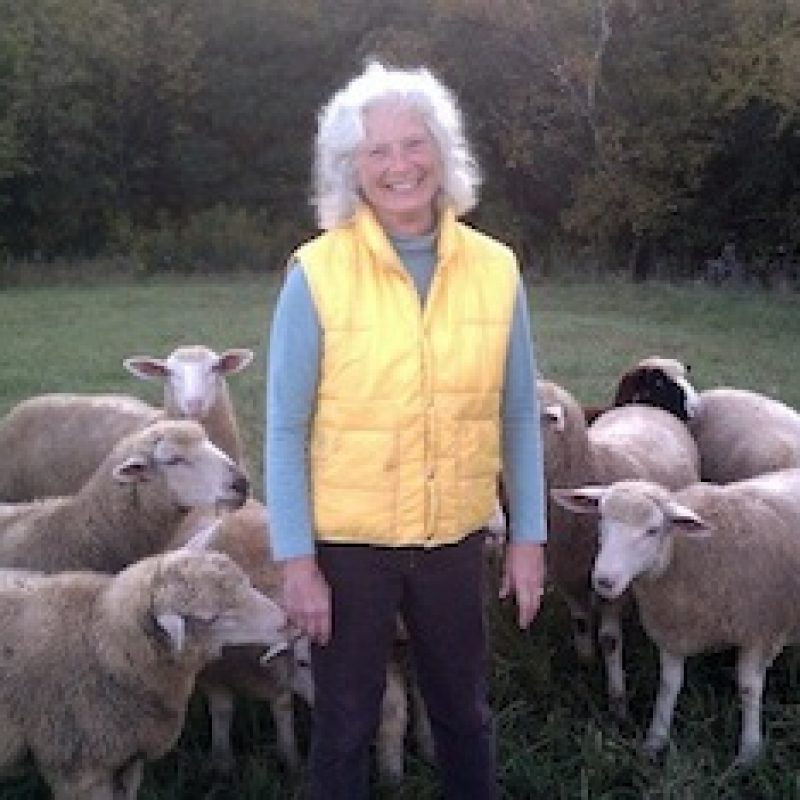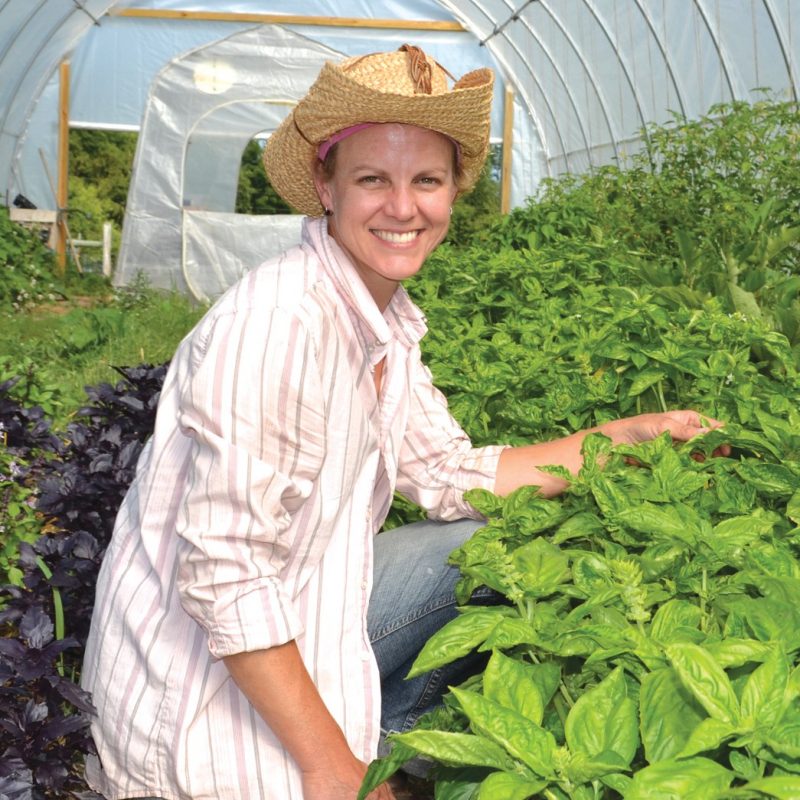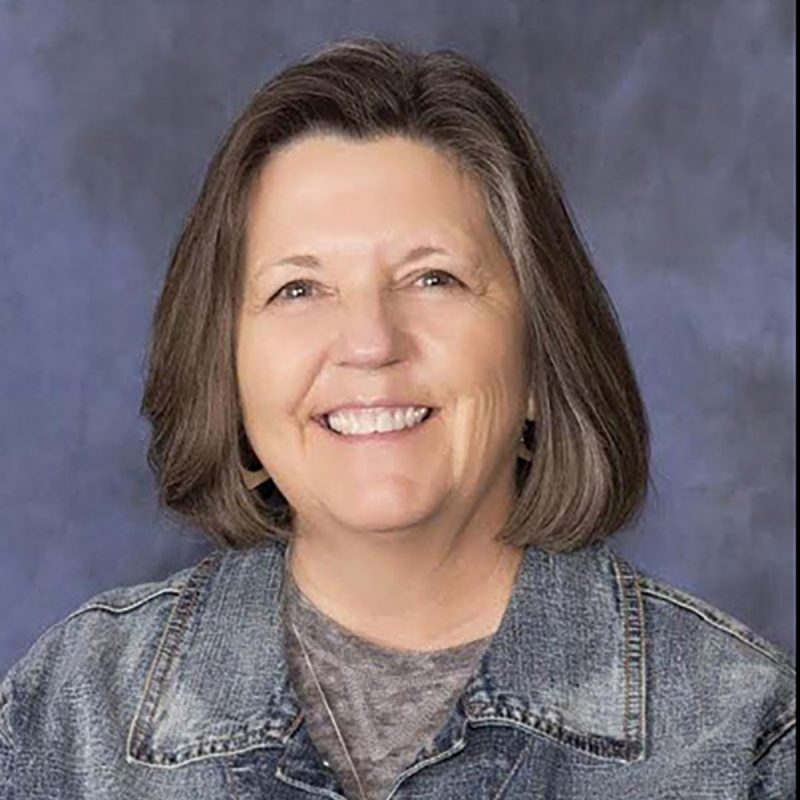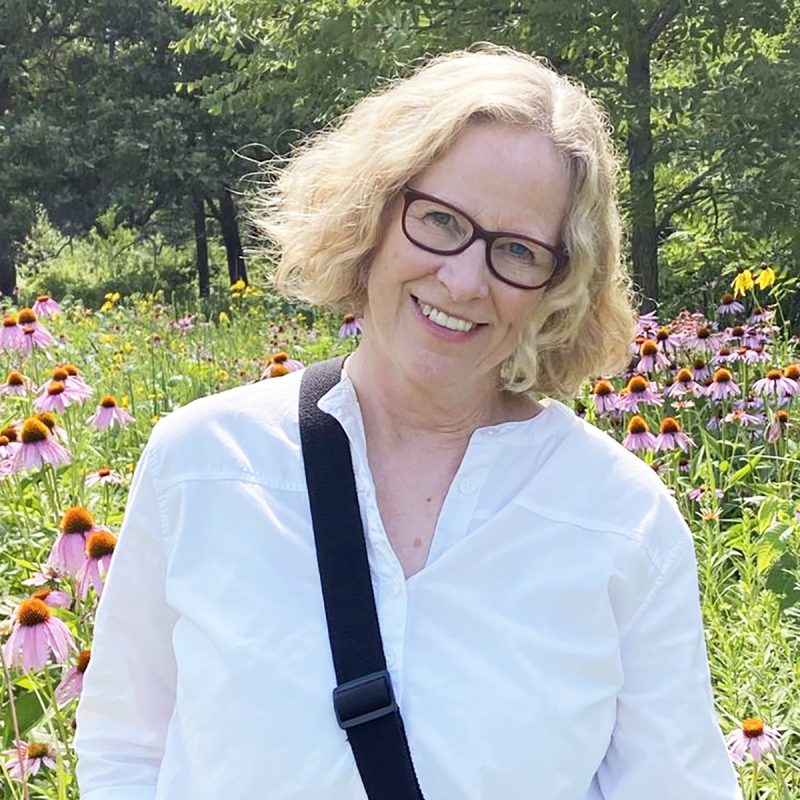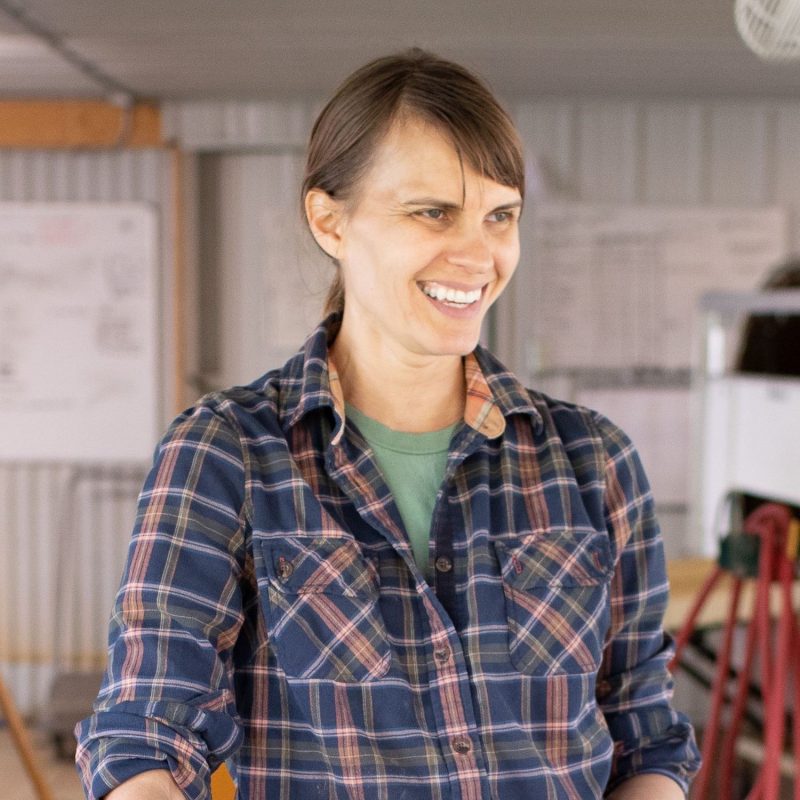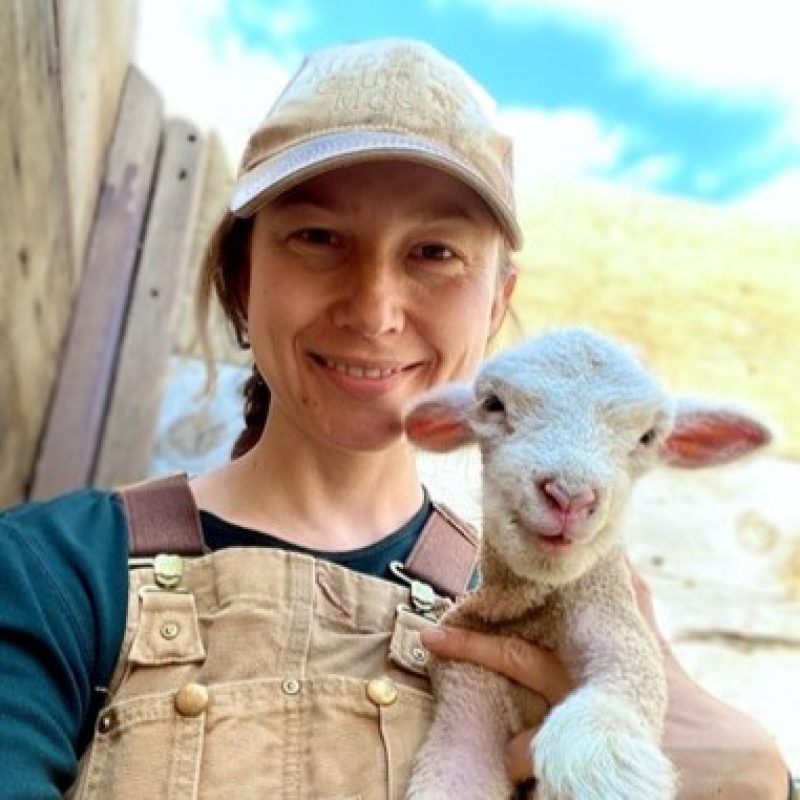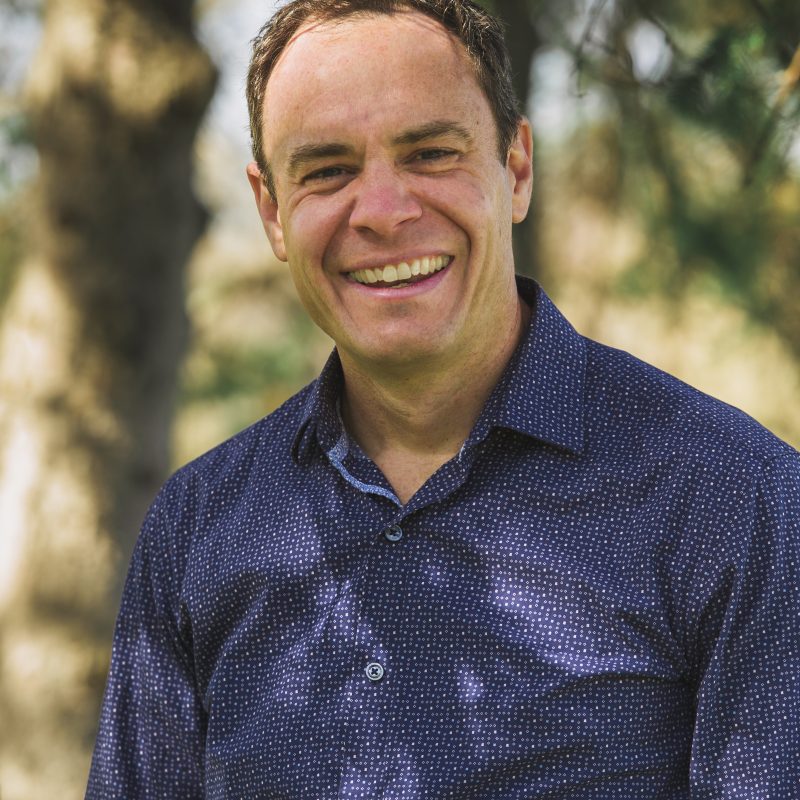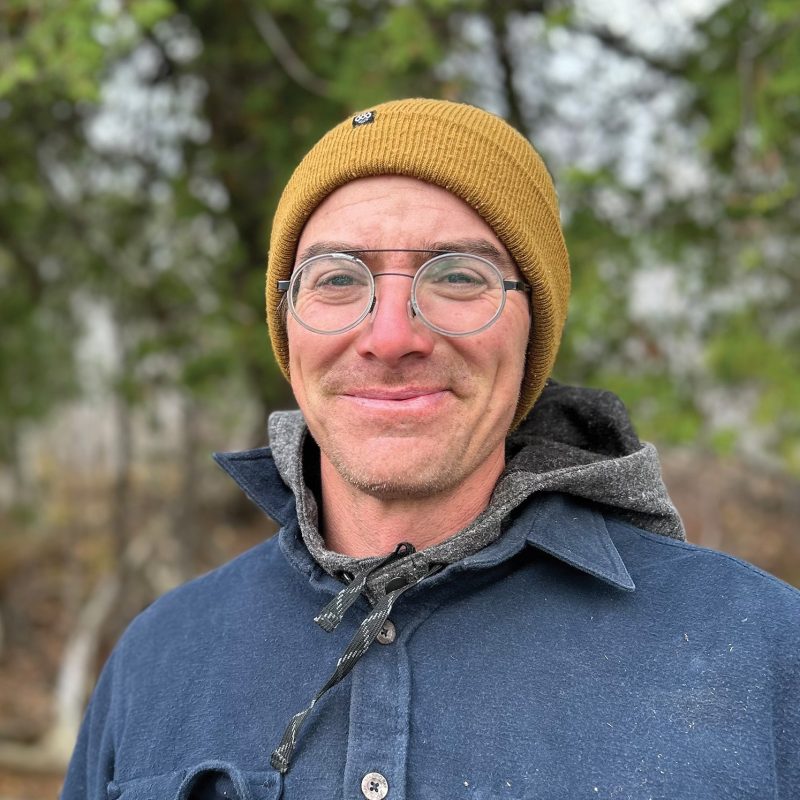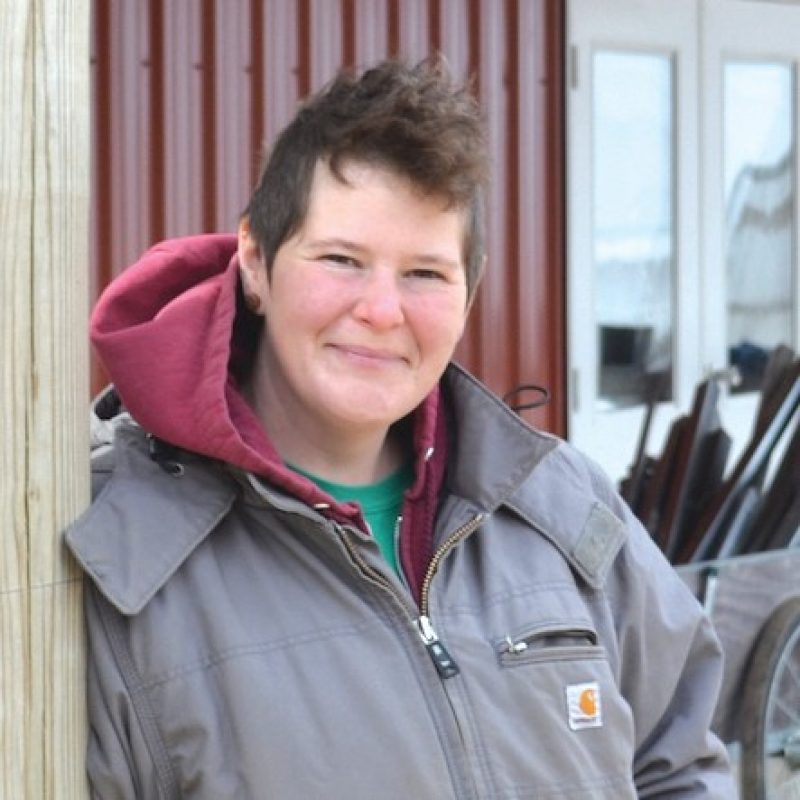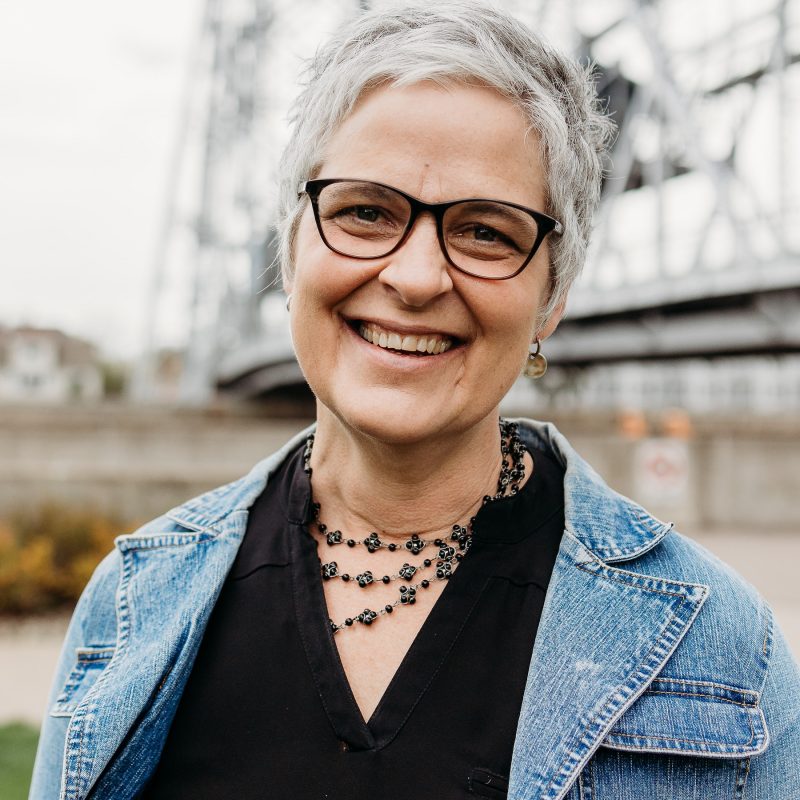Put Your Values into Action by Serving on LSP's Board of Directors
The Land Stewardship Project’s board development committee is calling for LSP board member nominations. Service on the LSP board of directors is a meaningful way to give back and further our mission to foster an ethic of stewardship for farmland, to promote sustainable agriculture, and to develop healthy communities.
You can nominate yourself or nominate another LSP member. As of June 2024, we have three open board positions, and terms could begin as early as September 2024. Board terms are four years in length, and board members can serve up to two terms. Meetings are held every-other-month, and alternate between virtual and hybrid/in-person meetings. There is a board stipend and mileage offered to board members for their service.
—Nominations Can be Made Via this Google Form —
The LSP board is made up of members that are active in their communities and we put a premium on the lived experience of our board members in helping to pragmatically guide the direction of the organization’s work to meet our mission and vision. The board is a meeting place of diverse folks from around the region aiming to make change for the better. Farmers have long played a prominent role on our board, but we need non-farming eaters and regenerative ag advocates on our board as well.
The board will also consider other strong LSP member-candidates beyond this list of attributes. Who do you know who is doing good work that aligns with LSP’s values?
Nominations are currently being accepted on a ongoing basis.
Contact board@landstewardshipproject.org if you have any questions.
